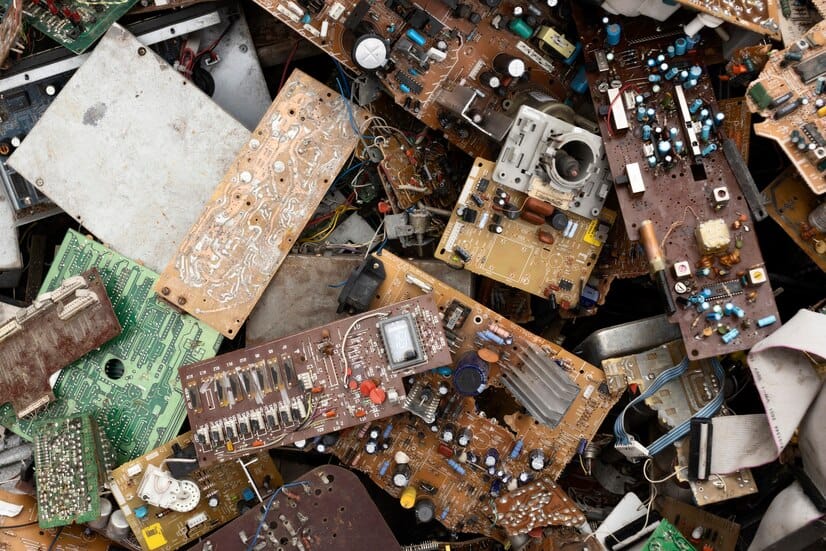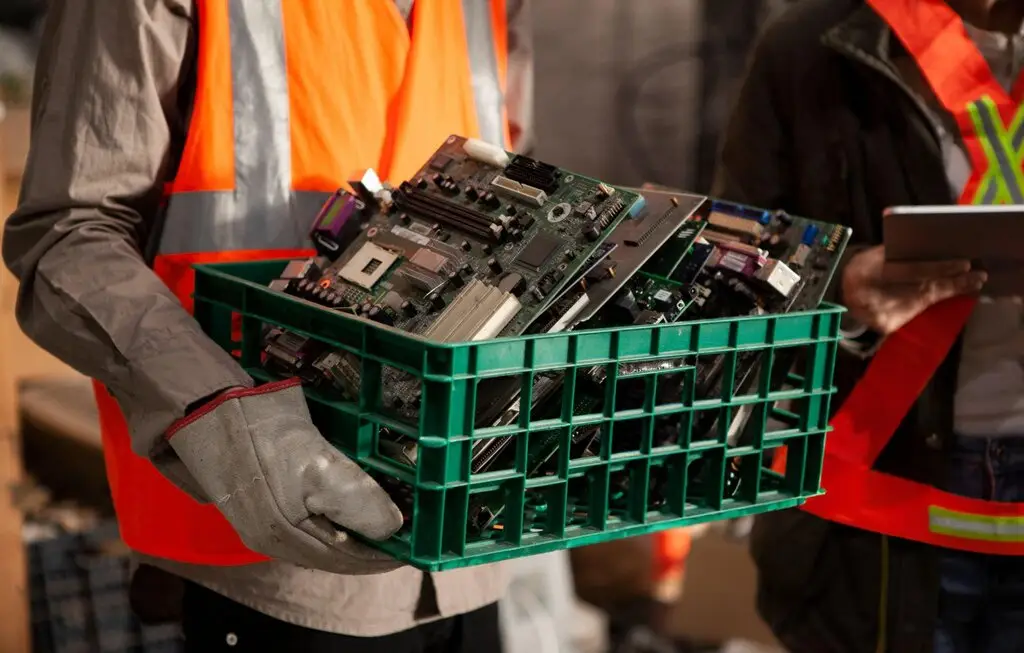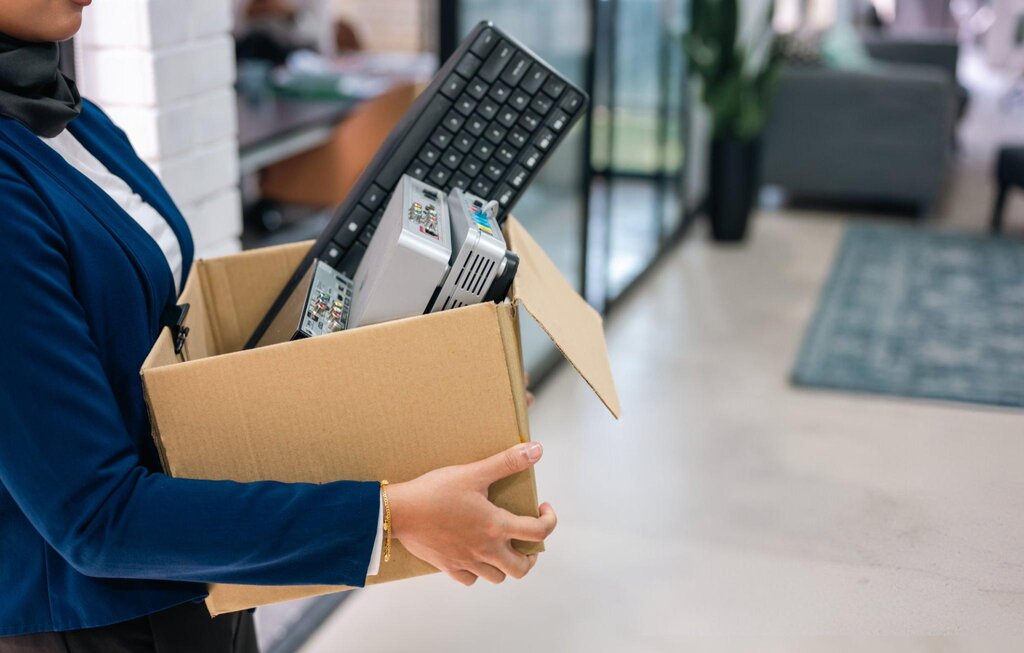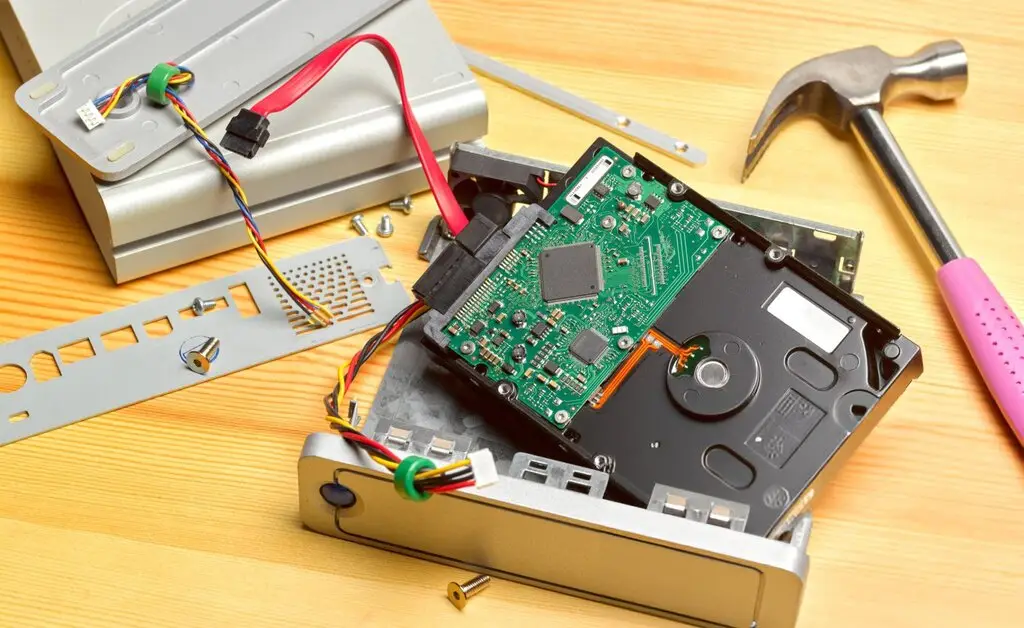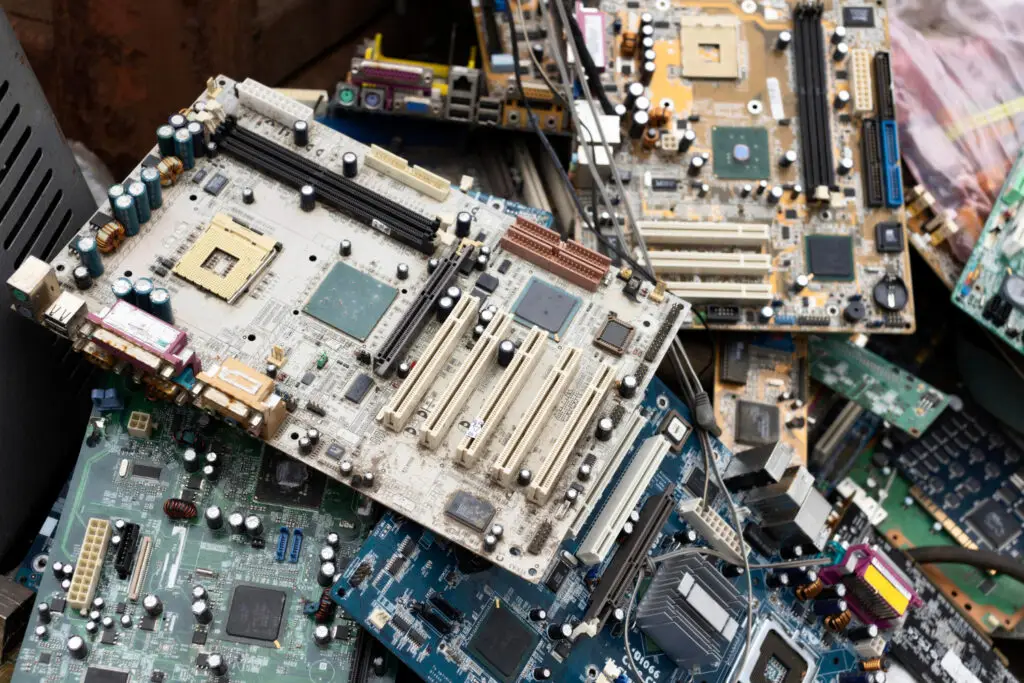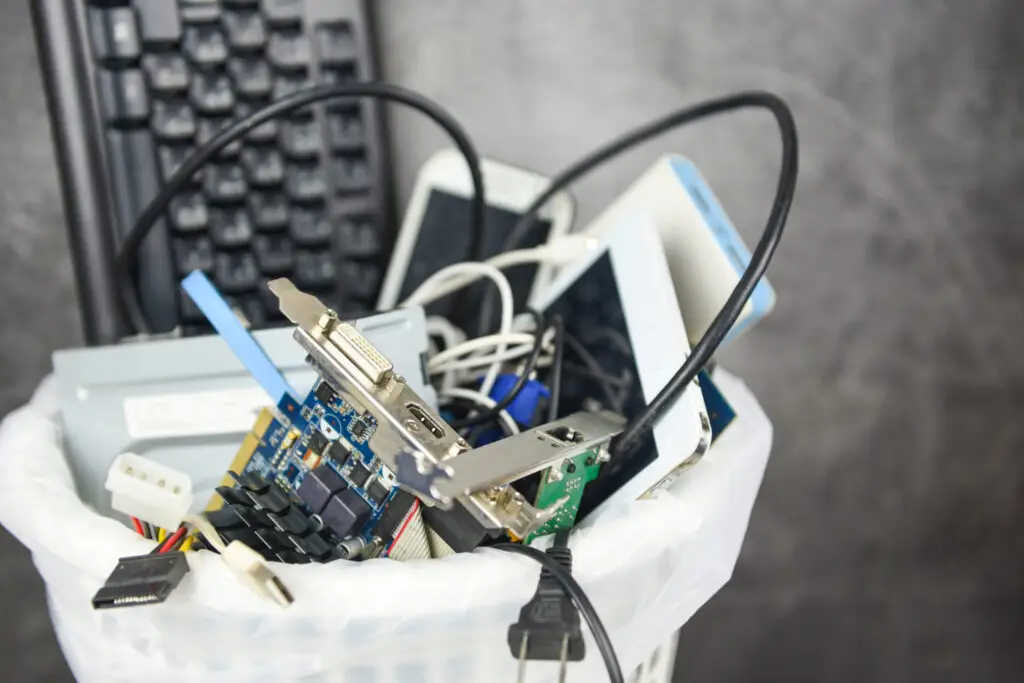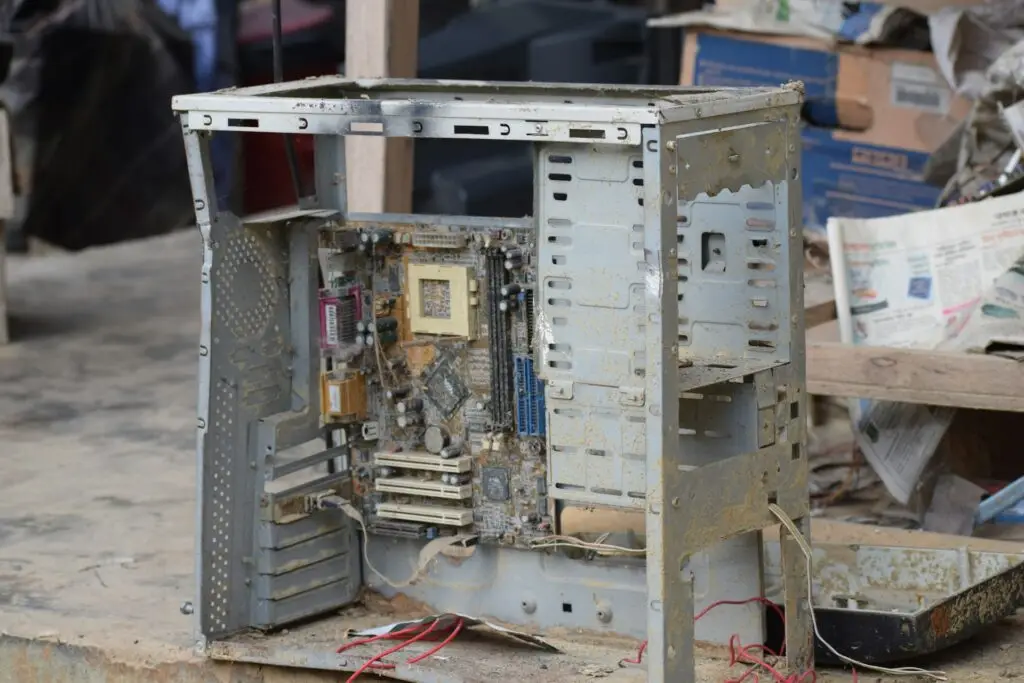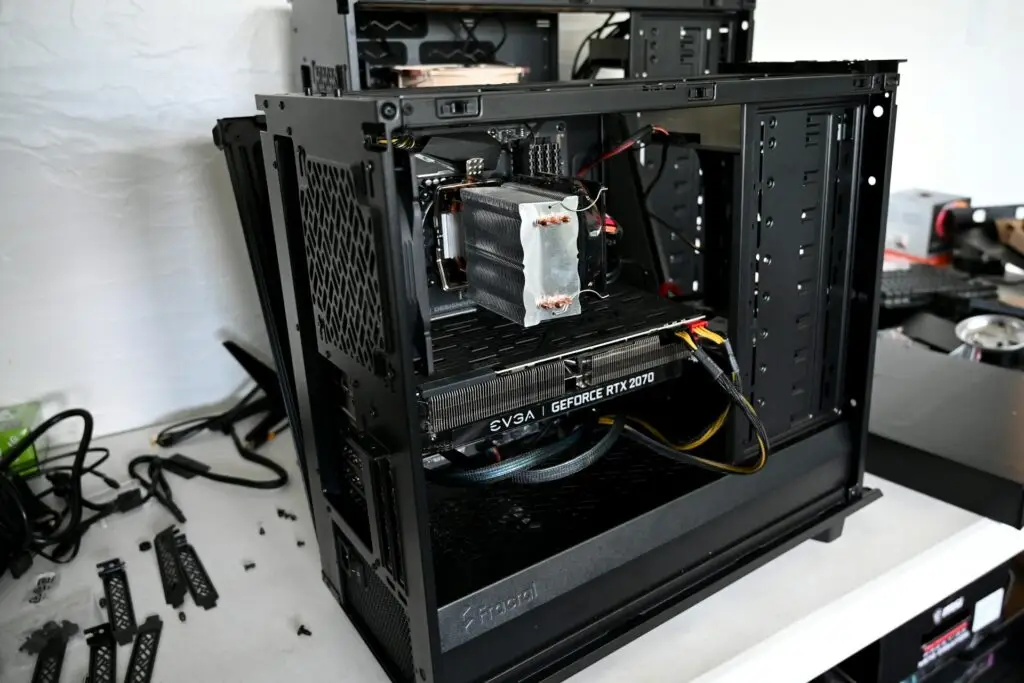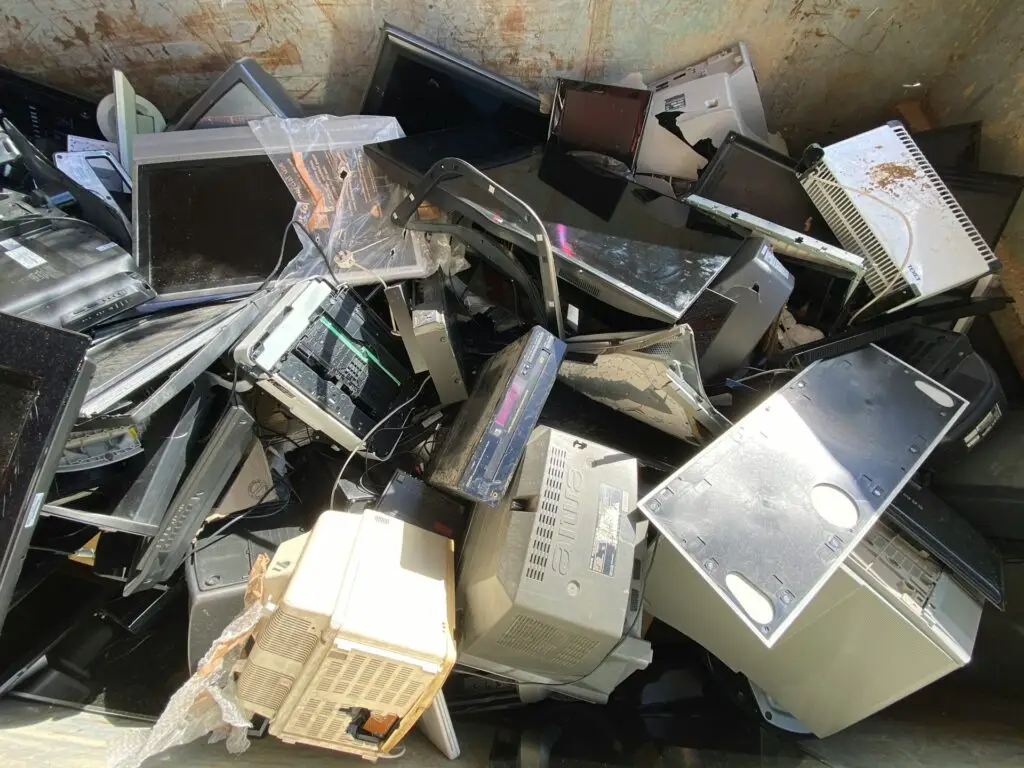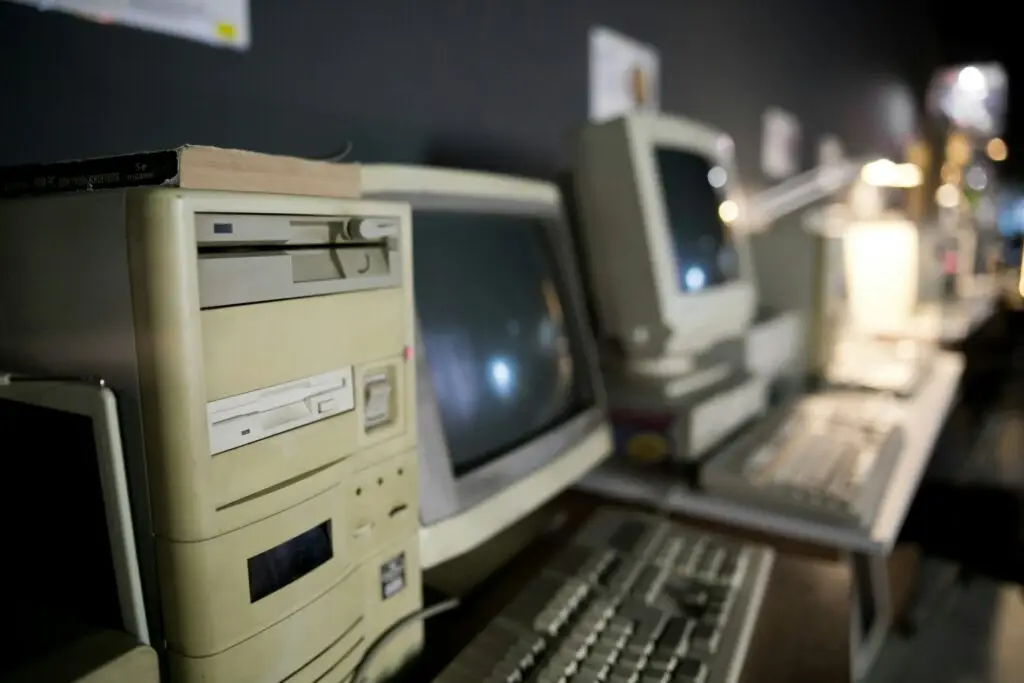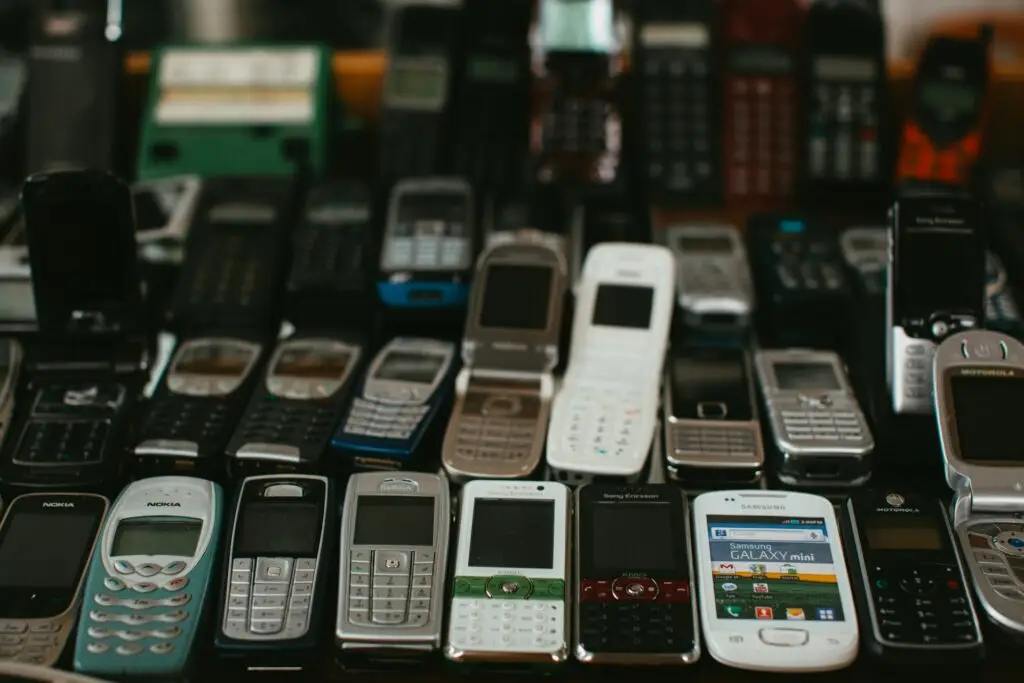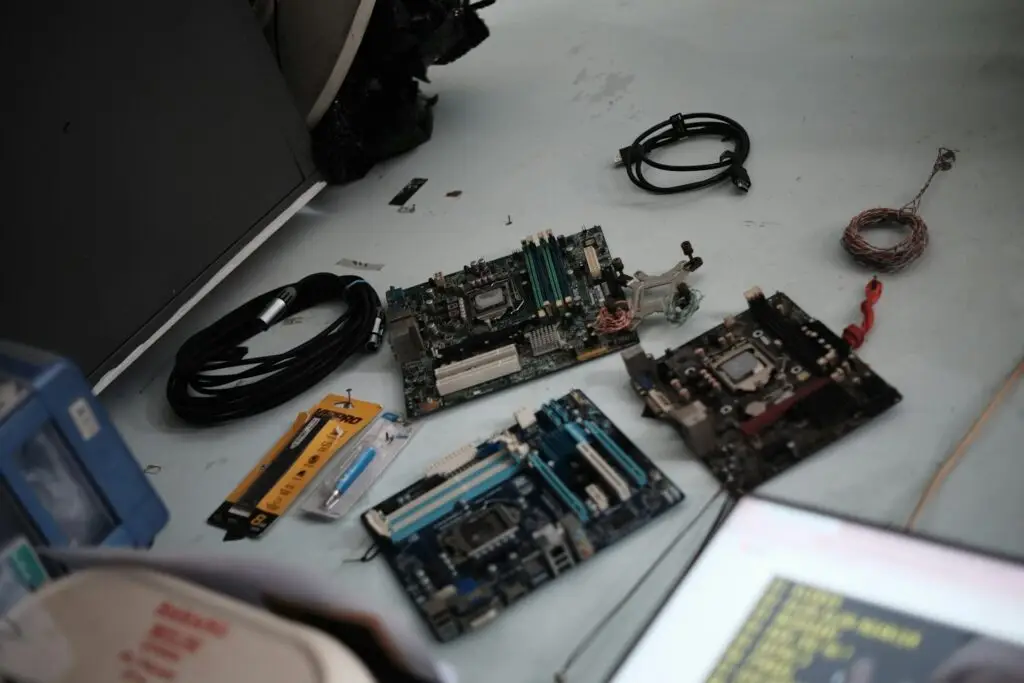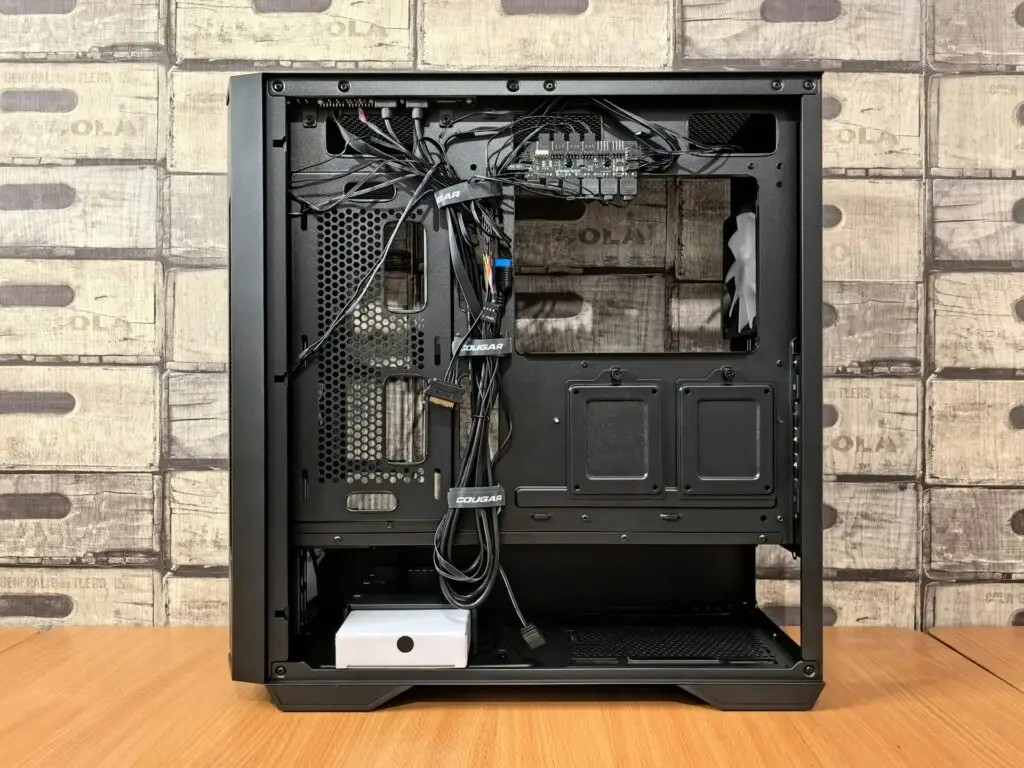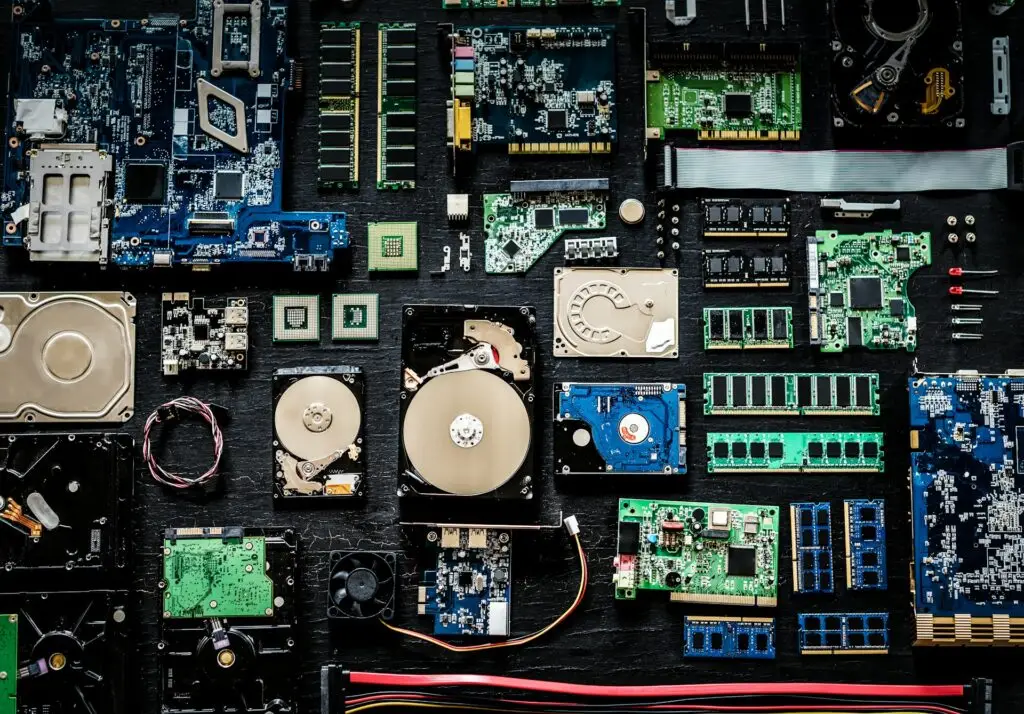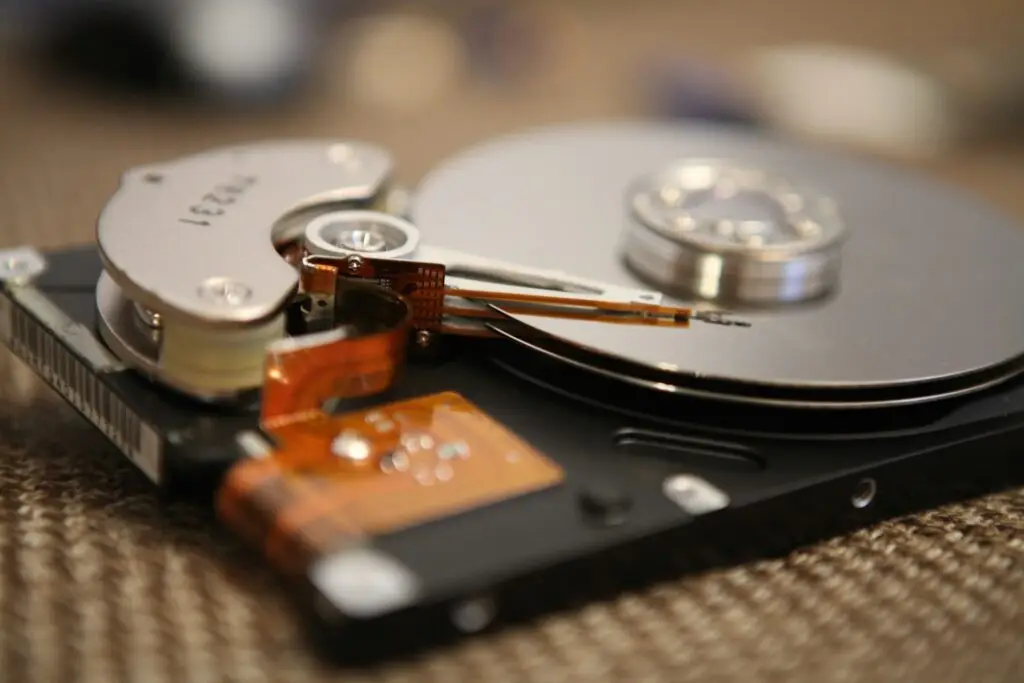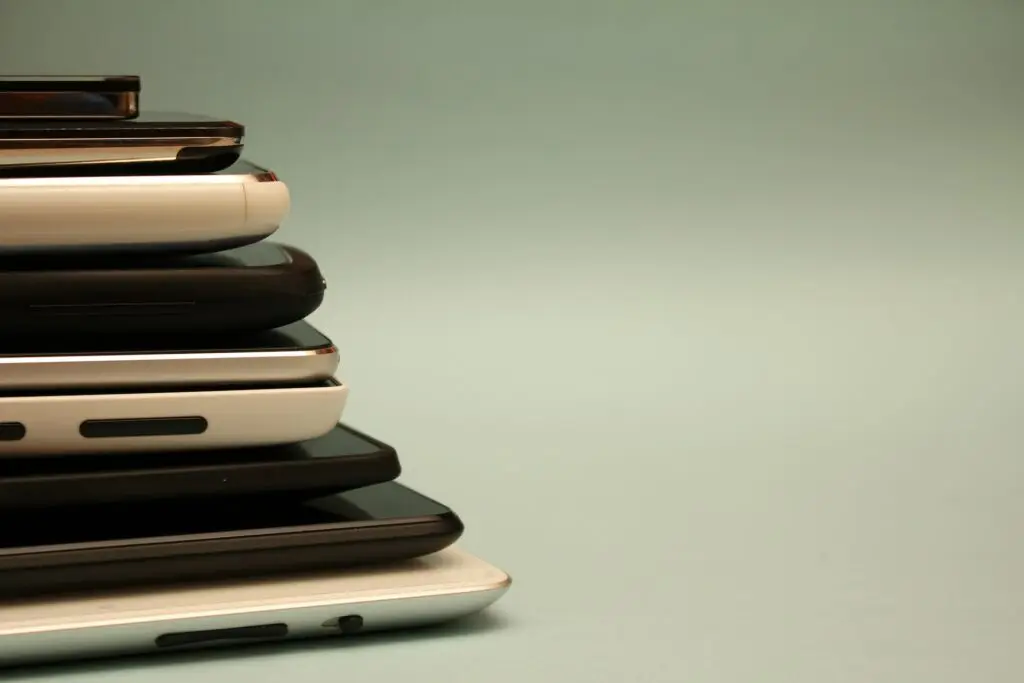Recycling electronics is an important process that helps protect the environment and conserve valuable resources. Many of us have old gadgets lying around, from outdated phones to broken laptops. Understanding what happens when you recycle these items can motivate us to make better decisions about e-waste.
When you recycle electronics, it’s not just about clearing space in your home or office. The process involves several stages that ensure electronic waste is handled safely and efficiently. It starts with collecting and sorting the items, followed by securely destroying any personal data stored on them. Then, the devices are broken down, and valuable materials are recovered for reuse.
Each step in the recycling process has significant benefits. It prevents harmful substances from polluting the environment, saves energy, and supports the economy by creating jobs. By exploring the different stages of electronic recycling, we can appreciate the positive impact it has on both our lives and the planet. Let’s take a closer look at what happens when you recycle electronics, from collection and sorting to the final stages of material recovery and their wider implications.
Collection and Sorting of E-Waste
The first step in recycling electronics is collecting and sorting the e-waste. This involves gathering old devices from various sources such as homes, businesses, and electronic drop-off points. People can bring their unused gadgets to recycling centers or participate in e-waste collection events. These events are often organized by community groups or schools to encourage proper disposal.
Once collected, the electronics are sorted into different categories. Sorting is important because not all electronics are the same. They need to be separated based on type, size, and material. For example, computers and smartphones contain different components than larger appliances like TVs. Proper sorting ensures that each item gets the right treatment and processing.
After sorting, the devices are prepared for the next steps in the recycling process. This preparation might include removing any batteries or hazardous parts that require special handling. By sorting and preparing e-waste correctly, we make sure that the recycling process is efficient and safe.
Data Destruction and Privacy Safeguards
One of the most important steps in recycling electronics is making sure all personal data is securely destroyed. Many electronic devices store sensitive information such as emails, photos, and financial details. If this data is not properly erased, it can be accessed by others, leading to privacy breaches.
To prevent this, recycling centers use secure data destruction methods. These methods include data wiping, degaussing, and physical destruction of storage devices like hard drives. Data wiping involves using special software to erase all information from a device. Degaussing uses a strong magnetic field to scramble data on a hard drive, making it unreadable. Physical destruction, such as shredding, completely destroys the storage device, ensuring the data cannot be recovered.
These privacy safeguards are crucial for protecting individuals and businesses. When recycling electronics, it’s important to choose a recycling center that follows strict data destruction protocols. This ensures that all personal information is safely eliminated, giving you peace of mind while contributing to environmental sustainability.
Breakdown and Material Recovery
After data destruction, the next step is breaking down the electronics to recover valuable materials. This involves dismantling devices into their basic components. Skilled workers or automated machines take apart gadgets to separate different parts like circuit boards, screens, and batteries. Each part is sorted into categories, making it easier to process.
The separated materials undergo various recovery processes. Metals like gold, silver, copper, and aluminum are extracted through methods such as smelting and chemical treatments. These recovered metals can be reused in new products, which reduces the need for mining and saves natural resources. Plastics are also sorted and processed to make new plastic items, while glass from screens can be recycled into new glass products.
Besides metals and plastics, other materials like rare earth elements are also recovered. These elements are crucial for making high-tech devices but are limited in supply. By recycling old electronics, we can reuse these rare materials and reduce environmental damage from mining. Breakdown and material recovery ensure that e-waste is transformed into useful resources, supporting a circular economy.
Environmental and Economic Impact of E-Waste Recycling
Recycling e-waste has a major positive impact on both the environment and the economy. By recycling, we prevent harmful substances from entering landfills and polluting the soil and water. Toxic materials in electronics can cause long-term damage to ecosystems and harm wildlife. Proper recycling methods keep these toxins out of the environment.
Reusing materials from old electronics conserves natural resources and reduces the need for new extraction processes, which are often harmful to the planet. Saving energy is another benefit. Recycling uses less energy compared to manufacturing products from raw materials. This helps lower greenhouse gas emissions, fighting climate change.
Economically, e-waste recycling creates jobs and supports the recycling industry. Collection, data destruction, material recovery, and repurposing activities require a skilled workforce, which boosts local economies. Recycled materials also lower production costs for new products, making electronics more affordable for consumers. Overall, recycling e-waste contributes to a healthier planet and a stronger economy.
Final Thoughts
Recycling electronics is a vital process that benefits both the environment and the economy. From the initial collection and sorting to secure data destruction and material recovery, each step is essential for safe and efficient recycling. These processes not only prevent harmful substances from entering our ecosystems but also save valuable resources and energy.
Understanding the environmental and economic impact of e-waste recycling emphasizes its importance. By recycling, we keep our surroundings cleaner, reduce the need for mining, and lower greenhouse gas emissions. Supporting e-waste recycling also creates jobs and strengthens the economy through the recovery and reuse of materials.
At ReWorx Recycling, we are committed to providing environmentally friendly disposal solutions for end-of-life and surplus computer equipment. Ready to make a difference? Contact ReWorx Recycling today to learn more about how you can responsibly recycle your old electronics and contribute to a sustainable future.

